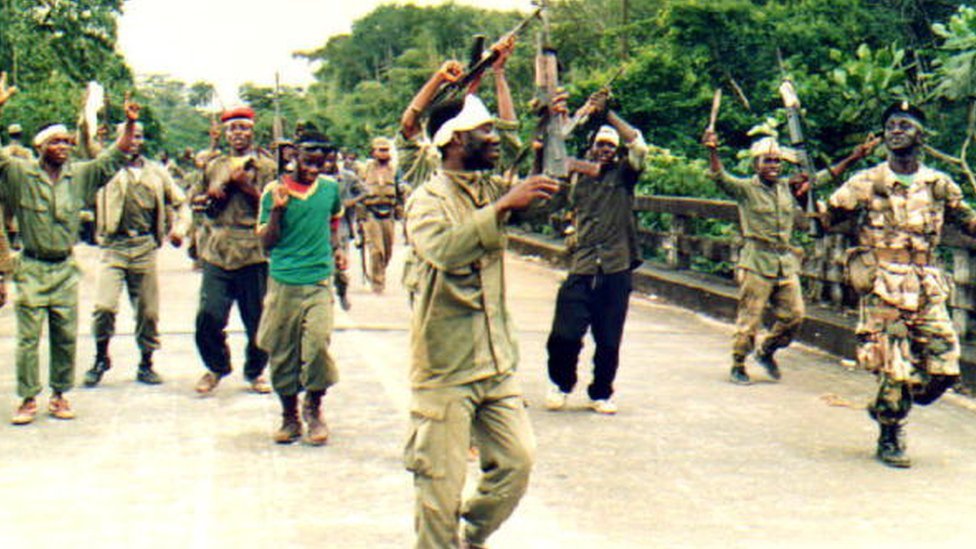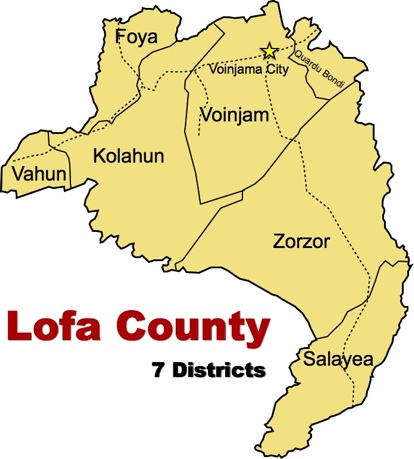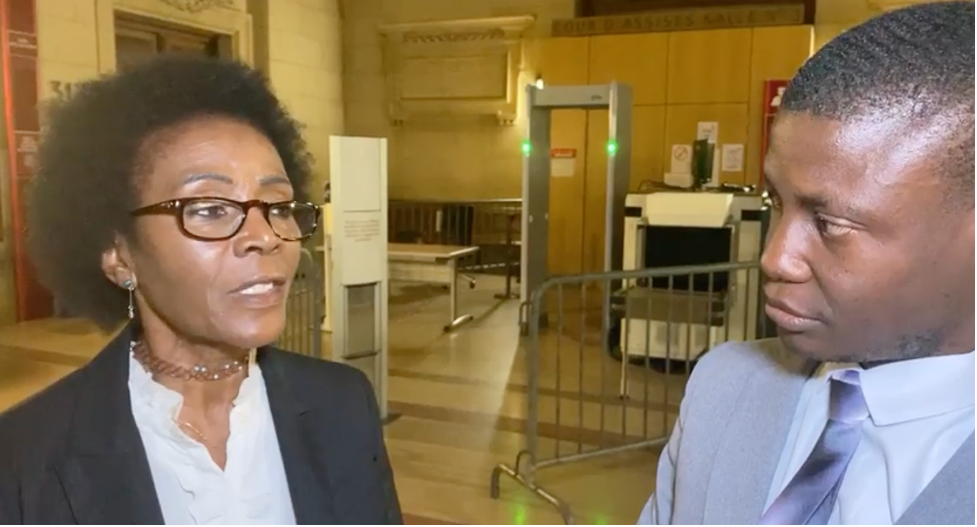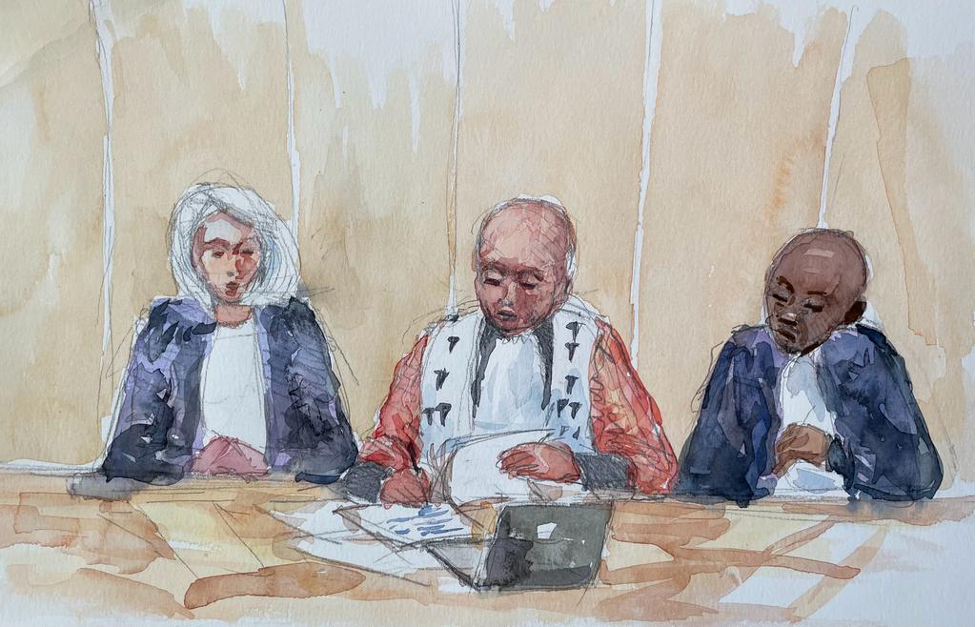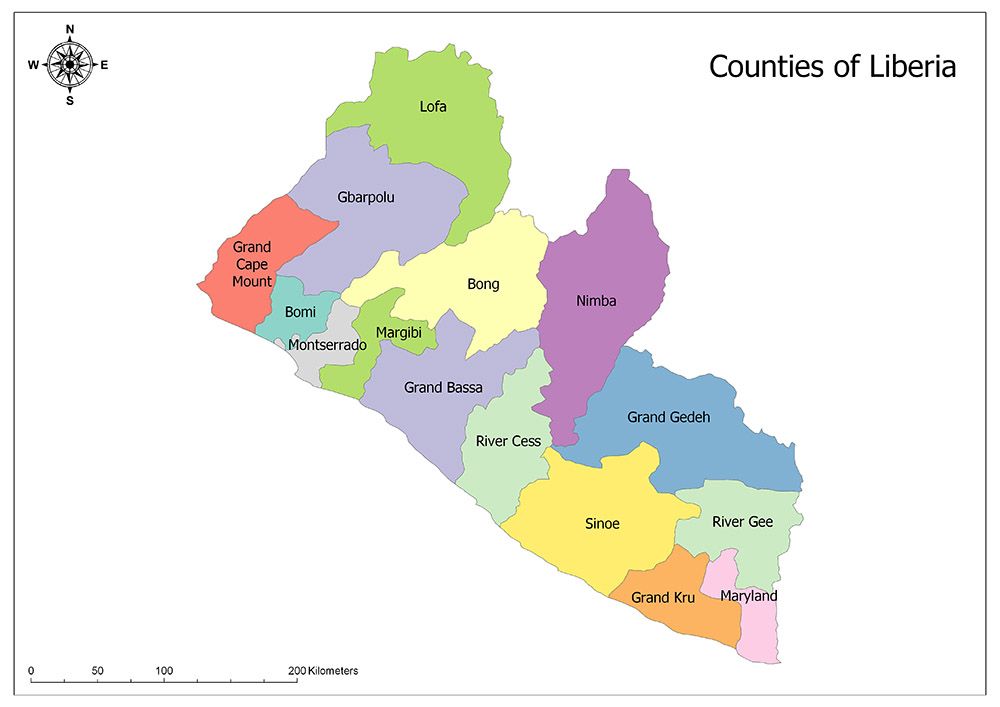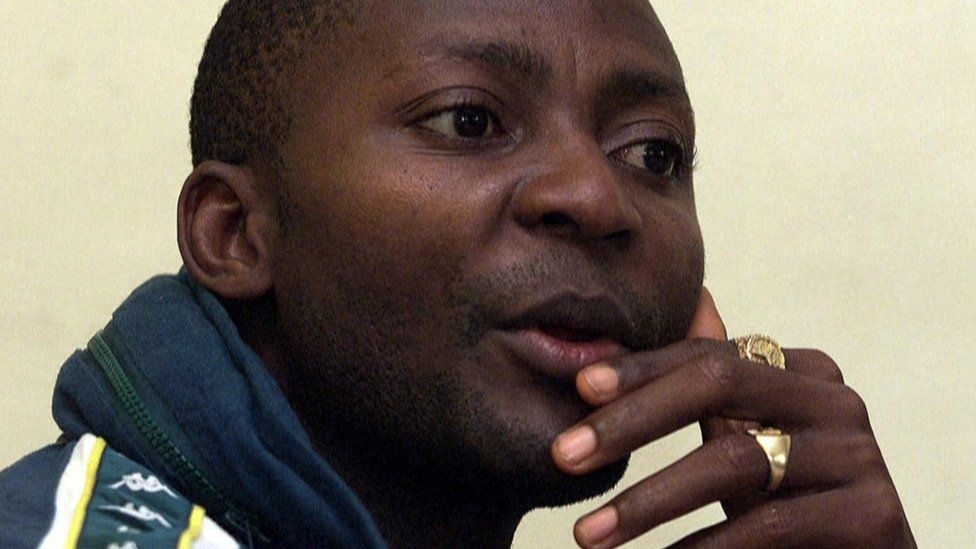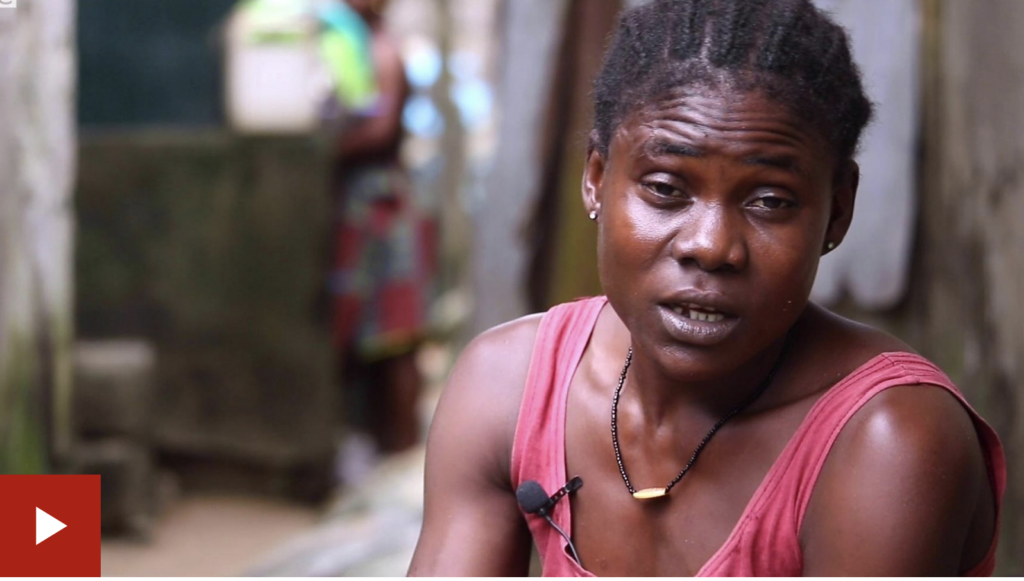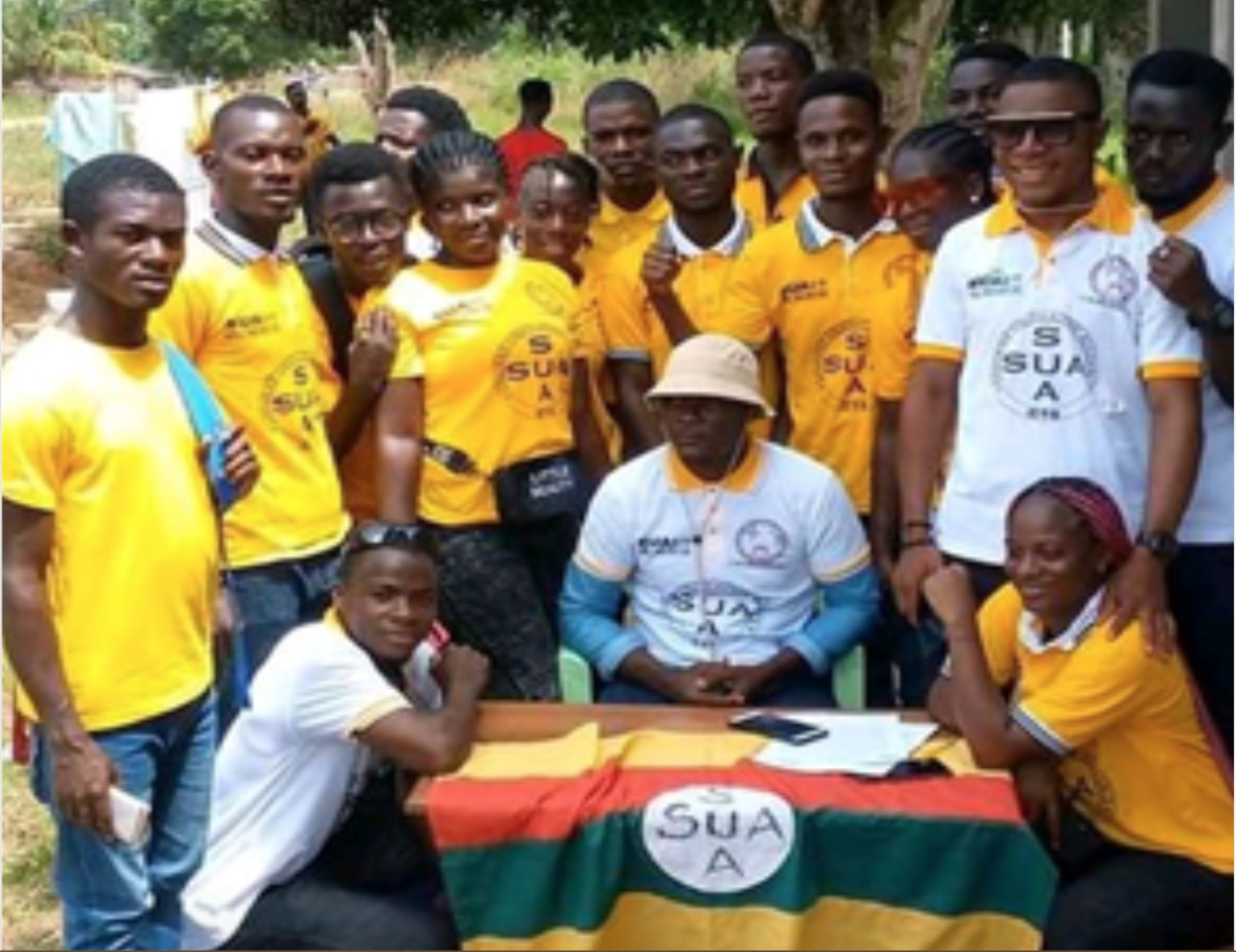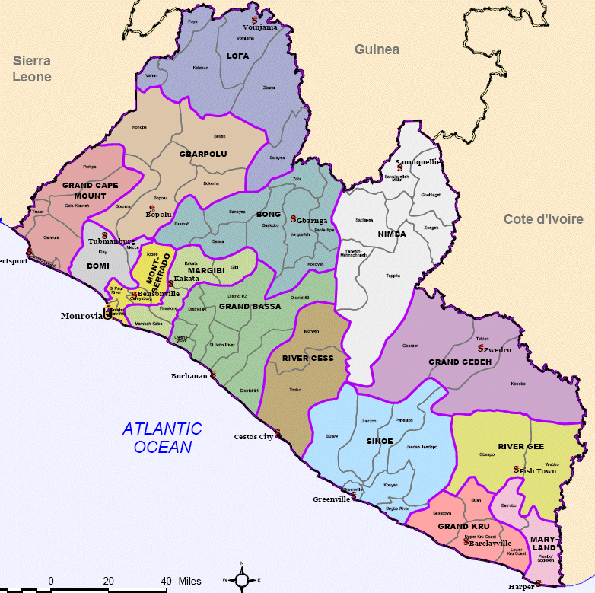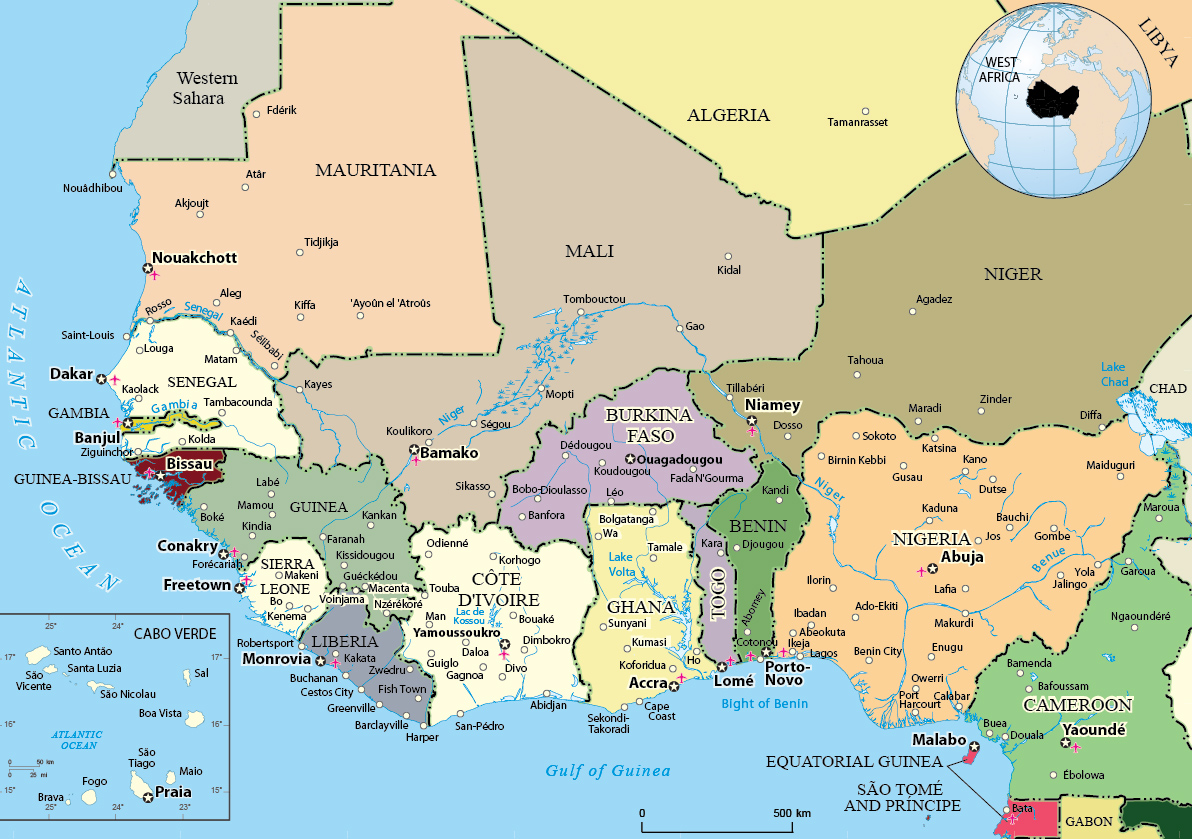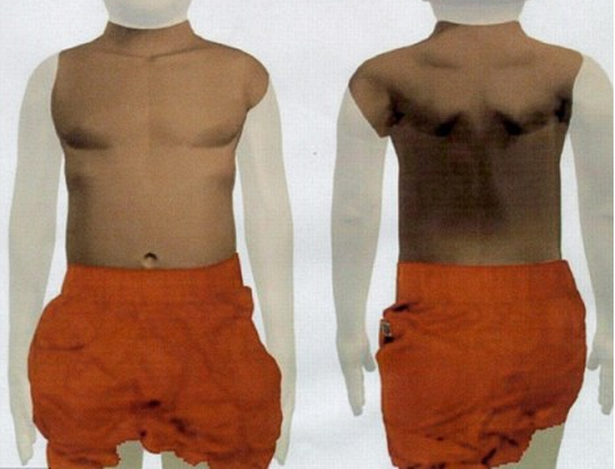A weird story from Oyo state, in Nigeria’s South West. The Oyo State Police arrested two men who were in the possession of a freshly cut human head. One of the suspected ritualists admitted that the human skull was to be used for ritual purposes (‘money rituals’).
Oyo State is located in the South West geopolitical zone of the Federal Republic of Nigeria.
The Federal Republic of Nigeria is divided into six geopolitical zones commonly called zones.

Oyo State is an inland state and Nigeria’s sixth most populous state (after Kano, Lagos, Katsina, Kaduna and Bauchi states) with an estimated 9 to 10 million people (2024) and ranks 14 by surface area with 28,454 km2.
Ibadan is Oyo State’s capital and its most populous city, and Nigeria’s third (after Lagos and Kano). It’s population is estimated at close to 4 million people whereas in its metropolitan area an estimated 6 million people live, mainly Yoruba but also Igbo, Hausa, Edo and Ibibio from other parts of Nigeria.

The practice of parading suspects of a serious crime is common in Nigeria, but considered unconstitutional by a number of legal experts. I have added a 2016 article elaborating on this view, following the first article below.
(FVDK)
Police parade suspected ritualists in Oyo State
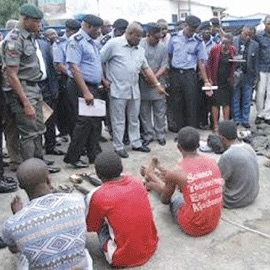
Suspected cultists
(not related to the article)
Published: February 14 or 15, 2024
By: TVC News
The Oyo state police command has arrested two suspects who specialize in using Human Head and other vital Organs for Ritual Purpose.
The suspects were arrested in Saki town, and a human skull was recovered from them.
While addressing newsmen during the parade, the police spokesperson in Oyo state Adewale Osifeso revealed that the human Head was cut off from a freshly exhumed Corpse and a local pot containing some concoctions were recovered from the possession of the suspected Ritualists.
One of the suspects confessed that the harvested Human Skull was from a corpse at burial ground and was to be used for Money Rituals.
Source: Police Parade Suspected Ritualists, Killers Of Retired PS In Oyo
Read also:
Lawyers say parading of suspects unconstitutional
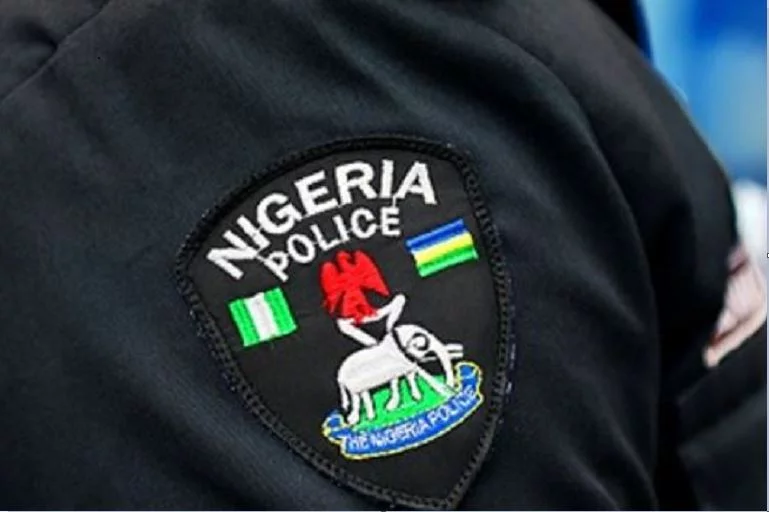
Published: August 28, 2016
By: Vanguard, Nigeria
Some Lagos-based lawyers have condemned parading of arrested suspects by the police, saying it is unconstitutional and damaging to the person involved.
They said that often those paraded were innocent and in the event of their being pronounced innocent by the courts of competent jurisdiction, the police never re-parade them.
Mr Olawale Apanisile, told the News Agency of Nigeria (NAN) that parading suspects undergoing investigation was illegal and could not be justified.
Apanisile said that parading suspects before the public and media as criminals was damaging to the reputation and personality of the individual.
He said that it was a violation of Section 34 (1) and 36 (1) of the Constitution of the Federal Republic of Nigeria, 1999.
According to Apanisile, Section 34 states that every individual is entitled to respect for the dignity of his person and (1) (a) no person shall be subject to torture or to inhuman or degrading treatment.
“In a bid to show to the public that the police are working and are up to the task of safeguarding the country, they display suspects like medals and trophies to the media,’’ he said.
The lawyer said that during arrest, investigation and arraignment, the accused should be treated with respect as they were presumed innocent until proven guilty.
“The police and other law enforcement agents should treat an accused the same way they will treat any other law abiding citizens.
“Most Nigerians do not know their fundamental human rights, but if the police had been slammed with law suits by paraded suspects, then such impunity will not be the order of day.
“Some who know their rights are too scared to press charges,’’ he said.
He urged human rights activists to educate and come to the aid of the populace to put an end to the practice of media trial by the police.
“This practice must stop no matter how grievous the crime an accused committed.
“We should leave it to the courts to administer justice so that after the accused has been acquitted or convicted he can go back to living his life in peace,’’ he said.
Apanisile, however, said that the only time the law allowed for an accused to be paraded was during identification parade.
According to him, in identification parade, an accused will be placed with people who have similar physical appearance with him and paraded before witnesses to know if they will recognise the suspect.
“The parading of suspects before newsmen is not obtainable in Britain but in America, they do perpetrators walk commonly known as `perp walk’.
“In Britain, accused are brought to court in vehicle with tinted glasses which makes it impossible for the public to see them,’’ he said.
According to Wikipedia, perp walk is a common custom of American law enforcement, the practice of taking an arrested suspect through a public place at some point after arrest, creating an opportunity for the media to take photographs and video of the event.
Mr Chris Okani, urged the Nigerian police to stop the parade of suspected armed robbers and other alleged criminals before the public prior to arraignment.
Okani said that parading suspects by the police prior to charging them to court for trial and being found guilty was an aberration.
He also noted that a suspect was presumed innocent until proven otherwise by a court of law after full trial.
He said the police was only permitted to parade suspects if there was need for identification of the suspect by a witness who claims to have seen the suspect commit the alleged offence.
Mr Alozie Nwoke said: “The police are usually under pressure to clean up their image before the public and the Federal Government has given rise to this kind of practice.
“Owing to the pressure, suspects are often paraded so as to show that the police are working.
“The police then get some kind of approval that they are doing well but most times they parade innocent persons.
“Our law provides that every suspect is presumed innocent until proven guilty by a court of competent jurisdiction’’.
The legal practitioners decried the act, saying that should the suspects be acquitted, the police would not re-parade them as being innocent.
Source: Lawyers say parading of suspects unconstitutional


